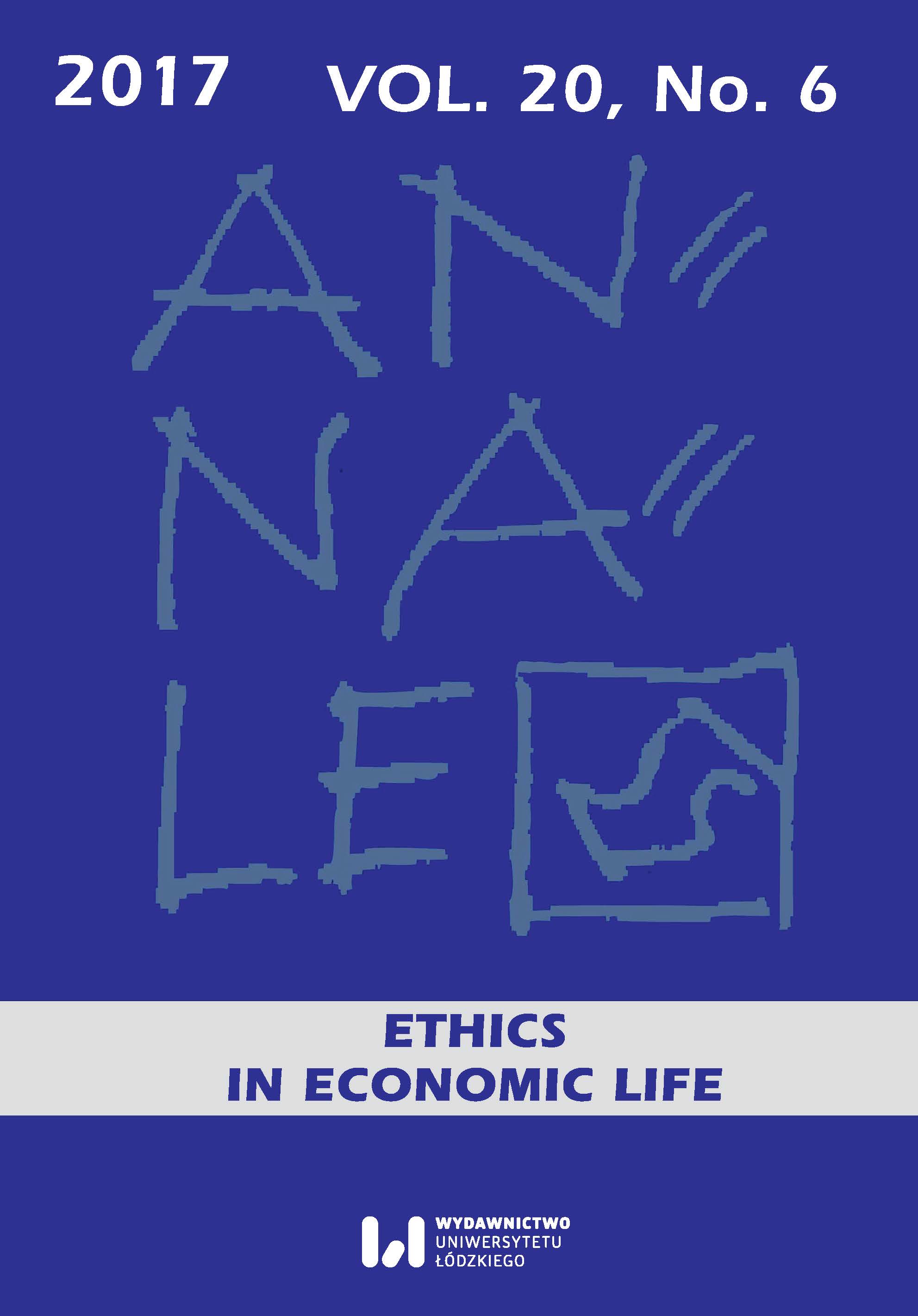The early stages in the evolution of Economic Man. Millian and marginal approaches
The early stages in the evolution of Economic Man. Millian and marginal approaches
Author(s): Joanna Dzionek-KozłowskaSubject(s): Economic history, Socio-Economic Research
Published by: Wydawnictwo Uniwersytetu Łódzkiego
Keywords: homo economicus; Economic Man; rationality; marginal economics; John Stuart Mill; Alfred Marshall
Summary/Abstract: The homo economicus (Economic Man) concept is one of the best-known components of economic theorising frequently recognised as a part of the “hard core” of the mainstream 20th-century economics. This model gained such a high status in times of the marginal revolution, although it was coined in the 1830s by the classical economist John S. Mill. Nowadays, homo economicus is commonly perceived as a model of rational economic agent maximising utility or preferences. The article aims to show that both the Millian approach and the marginal approach were more complex than the contemporary incarnation of Economic Man. One of the key differences between the early stages in the evolution of homo oeconomicus and the modern version of it refers to the notion of rationality. Whereas it is the constitutive element of the 20th-century homo oeconomicus, the requirement of full rationality was never explicitly articulated by Mill and marginal economists. Therefore, at the early stages of its evolution, the homo economicus model would have been much more resistant to the objections formulated against it by the 20th-century critics.
Journal: Annales. Etyka w Życiu Gospodarczym
- Issue Year: 20/2017
- Issue No: 6
- Page Range: 33-51
- Page Count: 19
- Language: English

